Atlanta Rabbis Divided on New Israeli Government
Even those fearful about policy changes reiterate support for Israel as a pluralistic, democratic nation.
Dave Schechter is a veteran journalist whose career includes writing and producing reports from Israel and elsewhere in the Middle East.

Rabbi Larry Sernovitz is looking forward to the trip that Temple Kol Emeth members will make in May to celebrate Israel’s 75th anniversary and mark the Marietta congregation’s 40th.
His plans include a reunion with a rabbinical school classmate, Gilad Kariv, a member of the Labor Party and the first Reform rabbi to serve in the Knesset, Israel’s parliament.
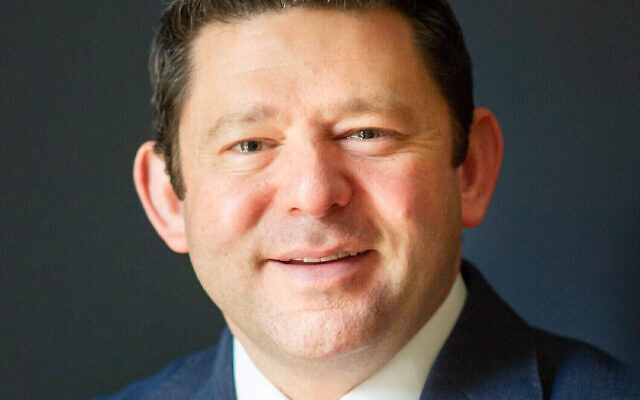
The Reform movement is among the religious and communal groups anxious about Israel’s new government, considered the most right-wing in the nation’s history. Before and since the government, led by returning Prime Minister Benjamin Netanyahu, took office on Dec. 29, the left and center in Israel and American Jewry have voiced concern on such issues as religious pluralism, judicial independence, democratic institutions, construction in the West Bank (often referred to by the biblical names Judea and Samaria) and the right-of-return law, as well as policies affecting women, the LGBT community, and Palestinians.
The pre-emptive worries were prompted by some of the partners that Likud leader Netanyahu brought into his coalition to secure a majority in the 120-seat Knesset.
“There is the real, distinct possibility of further distancing of Israel and the Jewish diaspora,” Sernovitz said. Nonetheless, “No matter what government comes into play we still care about it and we still support Israel.”
“We can’t shut down the conversation,” Sernovitz said. “The most important thing I say to my congregation is that we have to continue to advocate — ‘L’shem shamayim,’ in the name of heaven. We cannot separate ourselves from our brothers and sisters.”
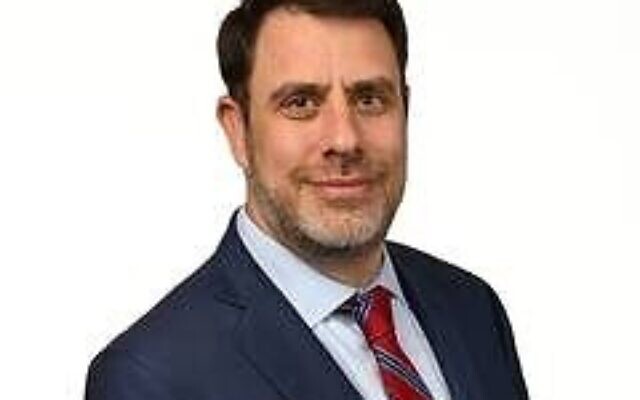
Rabbi Peter Berg, senior rabbi of The Temple, has expressed similar sentiments to his Reform congregation.
“First, the United States, including the Jewish community, has a deep alliance with Israel based on shared interests and common values. It is critical to both countries that this special relationship remain strong and bipartisan, regardless of ups and downs, regardless of who is in office at any time. We cannot afford to pull our attention away from critical issues, such as Iran. Our mutual interest of deterring war and promoting stability and achieving peace are only possible when the U.S. and Israel stand strong together. It is, for example, in both the U.S. and Israel’s interest to seek wider support for the Abraham Accords.
“My second message is that, sometimes, as in any relationship, there are times of tension and disagreement. I am deeply concerned about aspects of this new coalition; specifically judicial reform that would erode the system of checks and balances and the appointment of certain controversial ministers, such as Aryeh Deri and [Minister of National Security] Itamar Ben-Gvir, whose dangerous policies could be devastating to pluralism. There is a lot to be concerned about and potential for violence,” Berg said.
[Note: The Israeli Supreme Court ruled 10:1 on Jan. 18 that Deri, the leader of Shas, a Sephardic and Mizrachi religious party, was ineligible to serve in the cabinet because of his prior conviction on tax fraud charges. On Jan. 22, Netanyahu, “with a heavy heart,” fired Deri, who remains in the Knesset.]
“I will continue to advocate for a strong U.S.-Israel relationship. I will continue to take hundreds of people to Israel every year and support pro-Israel accomplishments. I will also work every day to make sure that Israel remains open, pluralistic, and committed to Jewish values. As American Jews, we must do both,” Berg said.
Among Atlanta-area rabbis who responded to questions from the AJT (and a few declined), there was not unanimity in opinion.
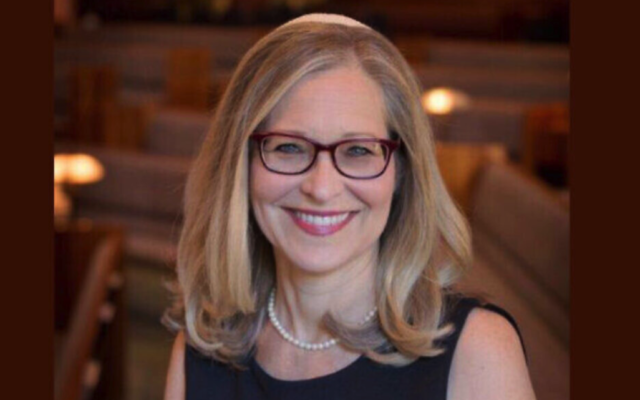
Rabbi Alexandra Shuval-Weiner, of Congregation Beth Tikvah, said that the Atlanta Rabbinical Association, of which she is president, would not issue a statement. “We in the ARA are unified in our love and support for a strong, democratic Israel,” she said, noting that “Reactions to the new government vary greatly between individual rabbis here in the community.”
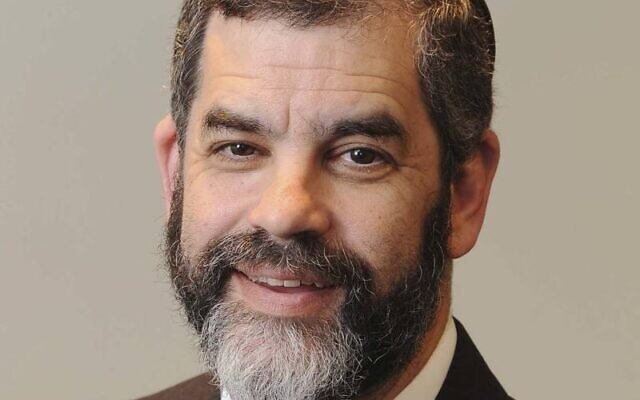
Rabbi Ilan Feldman, of Congregation Beth Jacob, cautioned against over-reacting. “Over the years, various Israeli governments have come and gone, some more liberal, and some more conservative, some hostile to religious influence and others friendly. I have consistently told my congregation that it is arrogant for American Jews to sit in their perch of relative safety in America and criticize choices made by Israelis who live there,” the Orthodox leader said. “I also warn American Jews not to trust superficial press reports written by ignorant correspondents who are not familiar with the complexities of Israeli politics.”
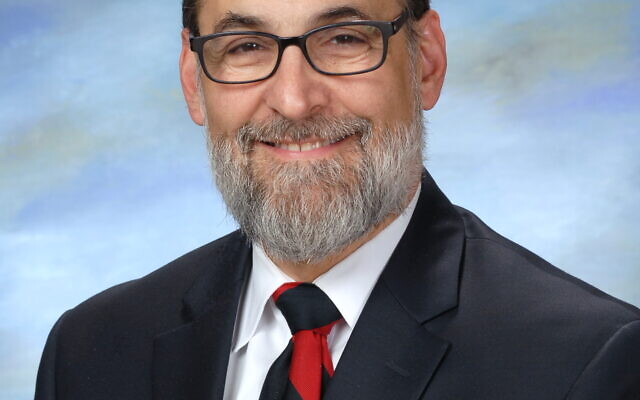
Rabbi Binyomin Friedman, of Congregation Ariel, also an Orthodox congregation, said: “Our community has a very high level of involvement with Israel. Most people have close relatives in Israel and follow the news there closely. Therefore, I don’t interpret events as most people have their own take on things. I would say on this issue the general sentiment in my congregation is that what is happening in Israel is being grossly misinterpreted as a right-wing takeover. In truth, what is happening is bringing the judiciary to more resemble the balance of power found in western democracies. If the judiciary in the U.S. functioned like the Israeli high court, I dare say there would be widespread protest on the left to reform it.”
Rabbi Daniel Dorsch, senior rabbi of Congregation Etz Chaim, drew a lesson from the failure of the liberal Labor and Meretz parties to reach a vote-sharing agreement, as is permitted in Israel’s election system. Had they done so, their combined vote might have met the threshold for seats in the Knesset and prevented Netanyahu from cobbling together a majority.
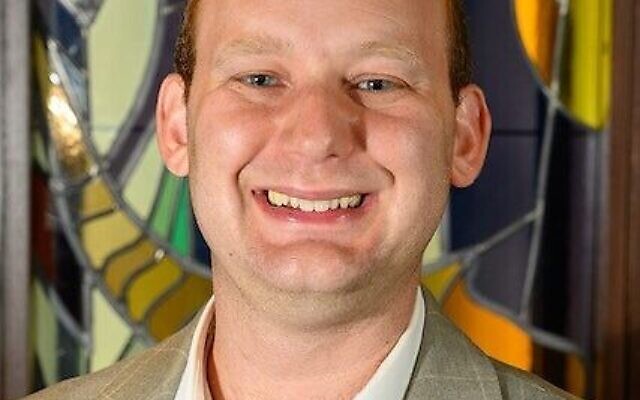
“For me, this is a lesson for my congregants about how arrogance and pride to see past ideological differences can prevent people them from doing greater good. It’s a lesson that is both instructive to us living in Georgia and it should be for Israelis now in this situation. That is what I expect to talk about in the coming weeks,” said Dorsch.
“On a personal level, and as someone who fights alongside Mercaz [the Zionist organization of the Masorti (Conservative) movement], and other organizations for Jewish pluralism in Israel, I will tell you that the possibility of putting an extremist into the government is a challenging pill for our movement to swallow,” Dorsch said, referring to Ben-Gvir, previously convicted by an Israeli court of incitement to racism against Arabs and supporting a terrorist organization (Kach, founded by the late Rabbi Meir Kahane).
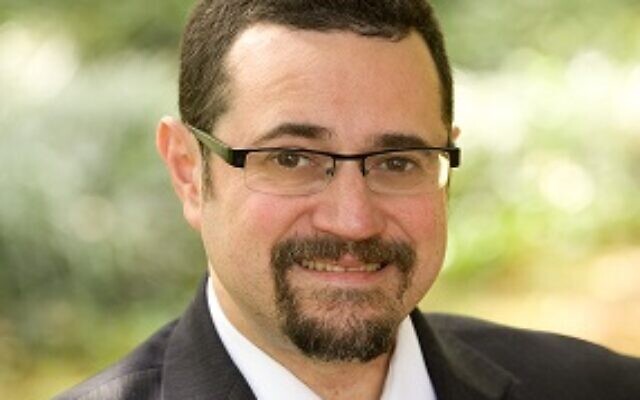
Rabbi Joshua Heller, of Congregation B’nai Torah, also in the Conservative movement, pointed to an address he sent congregants after Israel’s Nov. 1 election, titled “Walking Together?”
“For some time, a broad Israeli consensus yearned for a peaceful resolution of the complex relationship between Israel and the Palestinians under its control, with the debate being the details. After years of stalemate, and continued terror, a majority of the Israeli public has lost confidence — or interest — in the possibility of such a resolution. And while the majority of Israelis still want freedom of religion and a strong legal system, there are other concerns that are of higher priority for them,” Heller wrote.
As for Netanyahu, Heller said, “Bibi is still Bibi. What has changed is who he is leaning on for support. He is no longer beholden to the secular or centrist parties that have led to a moderate course in previous governments. Now, some leaders in his likely coalition have, as their stated agenda, the destruction of all forms of Jewish observance other than their own flavor of Orthodoxy. Others advocate for the implementation of the kinds of racist and anti-democratic policies that, until now, have existed only in the false accusations of antisemites.”
Looking forward, he asked: “How will our congregation’s relationship with Israel change if its government reneges on the deal that allows us to have services at the Kotel [the Western Wall] or tries to de-fund our sister synagogues in Israel? I feel an obligation to defend Israel and its actions. That task may be far more challenging if Israel’s ministers undertake policies that I cannot first defend to myself.”
Heller offered his own caution: “The Jewish communities of the U.S. and Israel need each other more than ever, but less than they realize. I can only hope that it does not take a crisis for the two branches of the family to regain that realization.”
- News
- Local
- Dave Schechter
- Rabbi Larry Sernovitz
- Temple Kol Emeth
- Gilad Kariv
- Labor Party
- Knesset
- Prime Minister Benjamin Netanyahu
- Religious Pluralism
- judicial independence
- democratic institutions
- construction in the West Bank
- LGBT community
- Rabbi Peter Berg
- The Temple
- Abraham Accords
- Aryeh Deri
- Itamar Ben-Gvir
- Rabbi Alexandra Shuval-Weiner
- Congregation Beth Tikvah
- Rabbi Ilan Feldman
- Congregation Beth Jacob
- Rabbi Binyomin Friedman
- Congregation Ariel
- Rabbi Daniel Dorsch
- congregation etz chaim
- Rabbi Joshua Heller
- Congregation B'nai Torah



comments